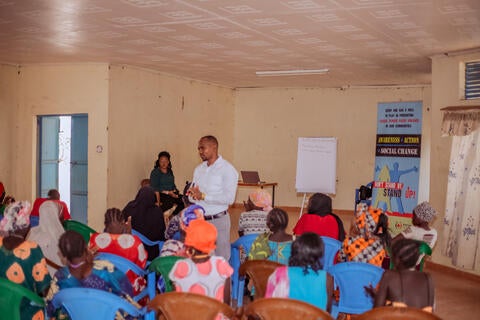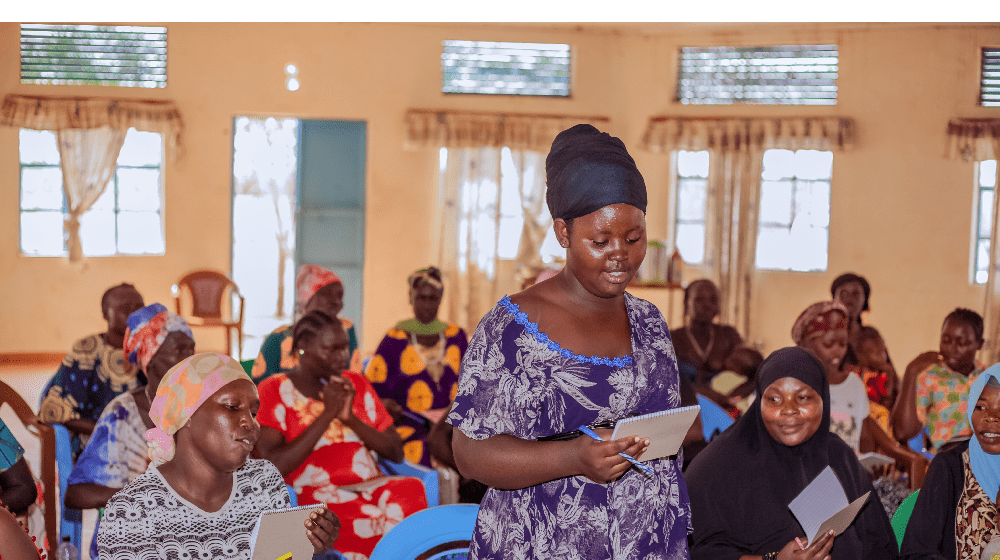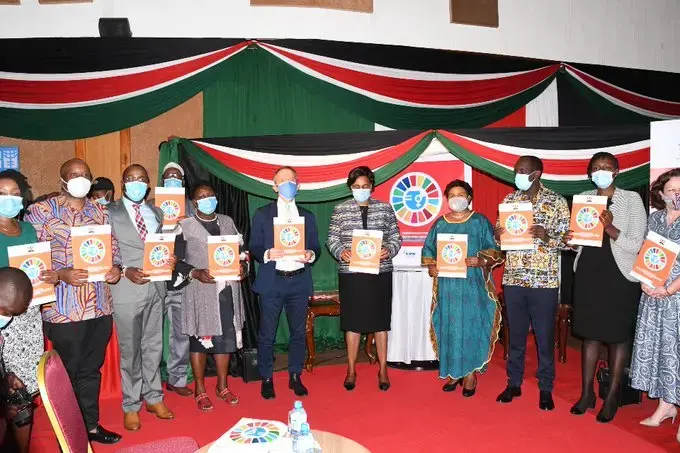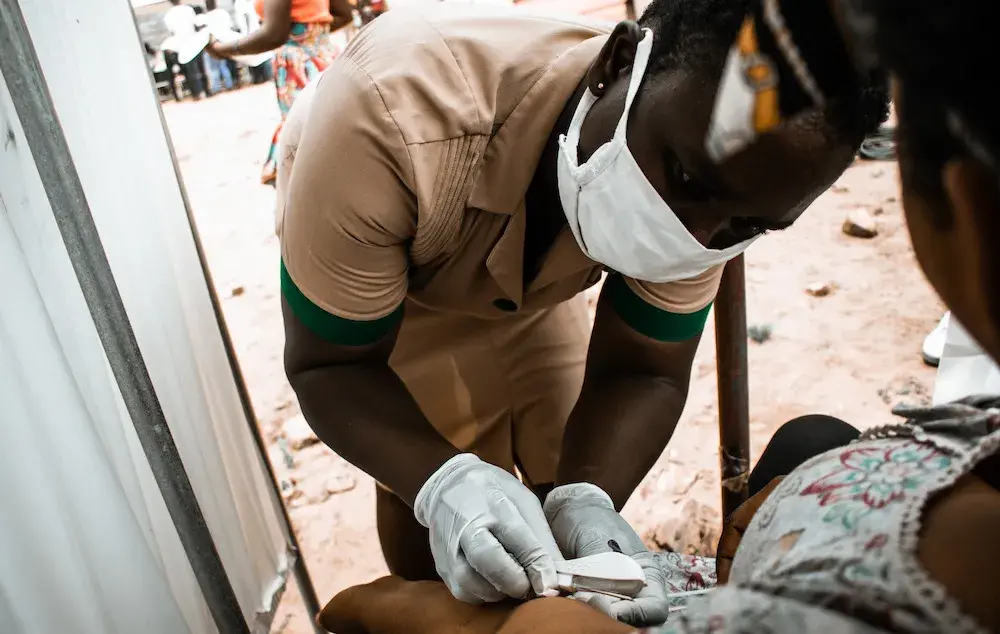24 year old Achan Cham Omot has been living in Kalobeyei Integrated Settlement for the last six years. A refugee from the Gambela region of western Ethiopia, she first sought asylum at the Daadab refugee camp in Garissa county, before arriving at the Kalobeyei settlement in 2017. “It’s hard to find formal employment as a refugee, so I use my knitting skills to make crochet items, which I sell to earn some money,” she says.
In 2020, Ms. Omot’s business suffered a setback following the Covid-19 pandemic outbreak. A majority of her clients lost their livelihoods due to layoffs and business closures, which caused her sales to take a dip. Movement restrictions effected to stop the spread of the virus also left her unable to maneuver across villages and homesteads to reach new clients.
A gender assessment on the impact of Covid-19 in Kenya carried out by UNFPA and partners shows that two in three adults who lost all their incomes during the pandemic were women. Like Ms. Omot, the majority of these women relied on daily wages in the micro, small and medium enterprises, and had difficulties accessing products and clientele due to supply chain disruptions and lockdowns during COVID 19.
With support from the Government of Japan, UNFPA launched an economic recovery program targeting women living in refugee and urban informal settings in Nairobi and Turkana county. The project aims to strengthen the livelihood skills of vulnerable women within these communities while improving their access to sexual and reproductive health and gender-based violence information and services.
More than 110 women in Kalobeyei Informal Settlement have been trained in entrepreneurship with a focus on how to generate business ideas, turn ideas into a business plan, sales and marketing strategies, financial planning, as well as risk management. The project is implemented in partnership with the Kenya Red Cross Society, Reach Alternatives and FilmAid Kenya to reach women in Kenya’s largest informal settlement Kibera, as well as in Kakuma refugee camp and Kalobeyei Integrated Settlement in Turkana county.
”In Turkana county, we have received support from senior trainers in entrepreneurship from the Ministry of Investments, Trade, and Industry who lead our skills building sessions,” says Kenya Red Cross Society Project Officer Emily Gideon. Following successful completion of the training, the women receive business start-up kits including equipment and supplies to help them launch their own businesses.

at Kalobeyei Integrated Settlement, Turkana County.
“The training has opened my eyes to other business opportunities around me. I am encouraged to open a hair salon where I can use my hairdressing skills to make more money, even as I continue with my knitting business,” says Ms. Omot.




